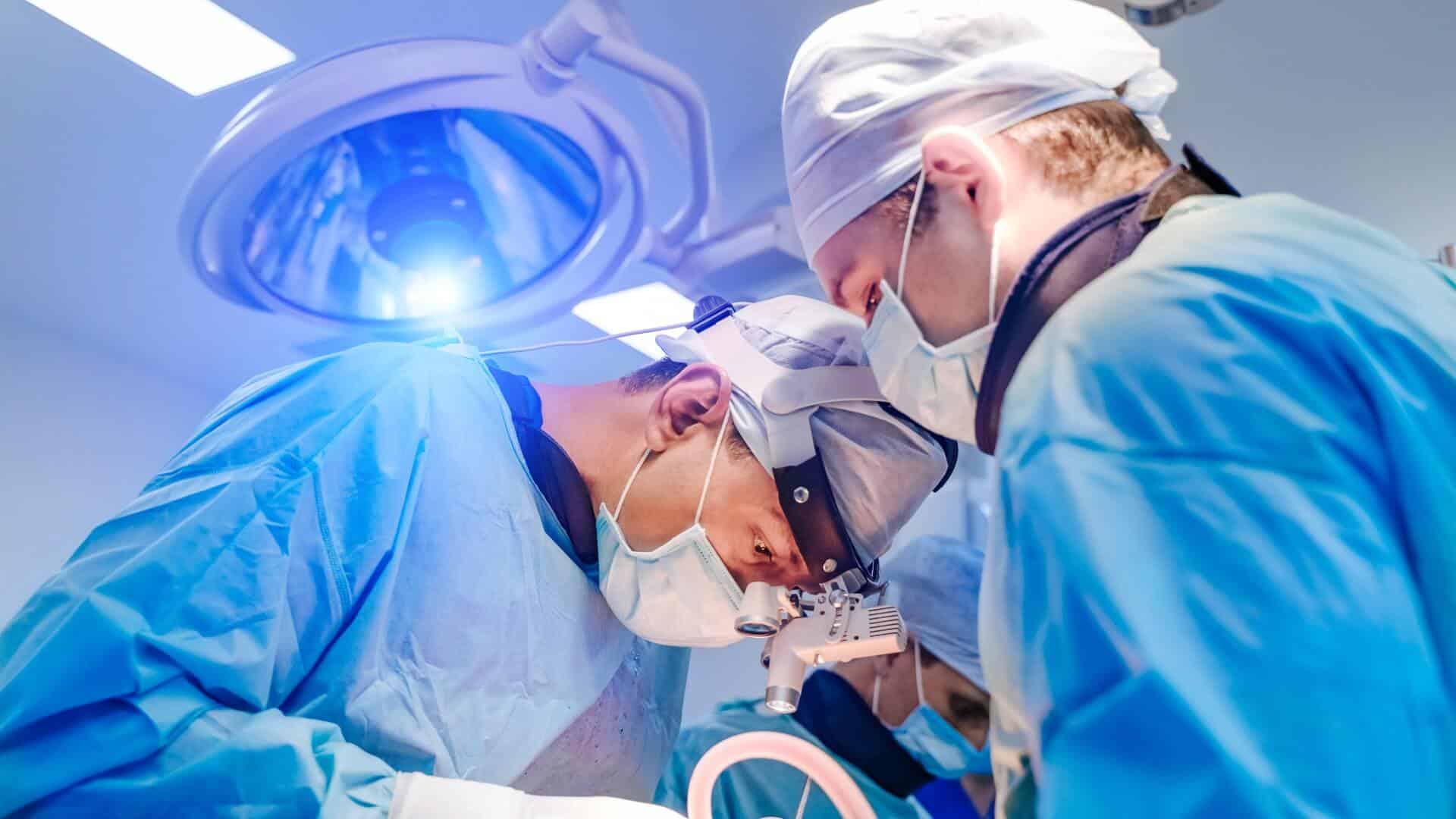
Neuro Surgeon
A neuro surgeon is a highly skilled medical professional specializing in diagnosing and surgically treating disorders of the brain, spine, and nervous system. These experts play a vital role in treating conditions such as brain tumors, spinal cord injuries, aneurysms, epilepsy, and movement disorders like Parkinson’s disease. Choosing the right neuro surgeon can significantly impact the success of the treatment and the patient’s quality of life.
Who is a Neuro Surgeon?
A neuro surgeon, also known as a neurological surgeon, is a doctor trained to perform complex surgeries on the brain, spinal cord, and peripheral nerves. While surgery is their primary focus, neuro surgeons also work closely with neurologists and other specialists to offer comprehensive care to patients with neurological disorders.
Common Conditions Treated by a Neuro Surgeon
Brain-Related Conditions
- Brain Tumors: Surgical removal of benign and malignant brain tumors.
- Aneurysms: Repairing weakened blood vessels in the brain.
- Traumatic Brain Injuries: Treating skull fractures, hemorrhages, and brain swelling.
- Epilepsy Surgery: Removing or modifying brain tissue to control seizures.
- Hydrocephalus: Managing excess cerebrospinal fluid in the brain.
Spinal and Peripheral Nervous System Conditions
- Herniated Discs: Relieving nerve pressure to reduce pain and restore mobility.
- Spinal Stenosis: Widening the spinal canal to relieve compression on nerves.
- Scoliosis: Correcting abnormal spinal curvature.
- Peripheral Nerve Disorders: Treating nerve entrapments and tumors affecting limb movement.
Surgical Procedures Performed by Neuro Surgeons
Minimally Invasive Brain Surgery
- Endoscopic brain surgery
- Stereotactic radiosurgery (e.g., Gamma Knife, CyberKnife)
- Deep brain stimulation (DBS) for Parkinson’s disease and essential tremor
Spinal Surgeries
- Spinal fusion for stabilizing vertebrae
- Microdiscectomy for removing herniated disc material
- Laminectomy for relieving spinal stenosis
- Artificial disc replacement
Emergency and Trauma Neurosurgery
Neuro surgeons play a crucial role in treating head and spinal injuries caused by accidents, falls, or sports-related impacts. Timely intervention can prevent long-term disabilities and improve survival rates.
What to Expect During Treatment?
- Diagnosis and Evaluation: A neuro surgeon will review your medical history, conduct neurological exams, and order diagnostic tests such as MRI, CT scans, or PET scans.
- Pre-Surgical Preparation: Before surgery, you may need to undergo pre-operative testing, lifestyle modifications, or medication adjustments.
- The Surgical Procedure: Depending on the complexity, surgery may take several hours. This procedures result in shorter hospital stays.
- Post-Operative Care and Recovery: After surgery, the recovery process may include rehabilitation therapy, medications, and follow-up visits with the surgeon.
Latest Advances in Neurosurgery
1. Robotic-Assisted Neurosurgery: Robotic systems provide enhanced precision for complex brain and spine surgeries, reducing the risk of complications.
2. 3D Imaging and Augmented Reality (AR) in Surgery: Surgeons use 3D imaging and AR to visualize the brain and spine in detail, improving surgical accuracy.
3. Regenerative Medicine and Stem Cell Therapy: Researchers are exploring stem cell therapies to repair nerve damage and treat neurodegenerative diseases.
4. Artificial Intelligence (AI) in Neurosurgery: AI-powered diagnostic tools help neuro surgeons analyze imaging results faster and with greater accuracy.
Conclusion
Neuro surgeons play a critical role in treating complex brain and spinal disorders. With advanced training, cutting-edge technology, and years of experience, they provide life-saving interventions that improve patient outcomes..Contact Us Whether you need surgery for a brain tumor, spinal condition, or nerve disorder, choosing the right neuro surgeon is essential for the best results.Schedule your Consultation with Dr. Ritesh Nawkhare
